
Starting a business blindly is one of the most common mistakes people make. Too often people come up with the idea that, yes, might sound amazing in practice but could very well fail in the real world. Finding a niche is vital to your business success and should be the first step in your business journey.
When people begin thinking about starting a business it often comes from a very ego-centric place. Maybe they are fed up with their job or career. They may be fed up with the rat’s race hustle. Possibly they want to be in charge of their finances or improve their financial situation. Or they simply have a narrow-minded vision that because they love their product it must mean everyone else will.
It is very easy to fall into this trap – but it is a trap.
When you are starting a business your CUSTOMER or your TARGET ADIENCE needs to be in the spotlight. There is nothing wrong with wanting to improve your life by starting your business – for many of us, it is part of the goal. But if you make this your sole purpose in the beginning and lead with “how this business will benefit me?” you will not succeed.
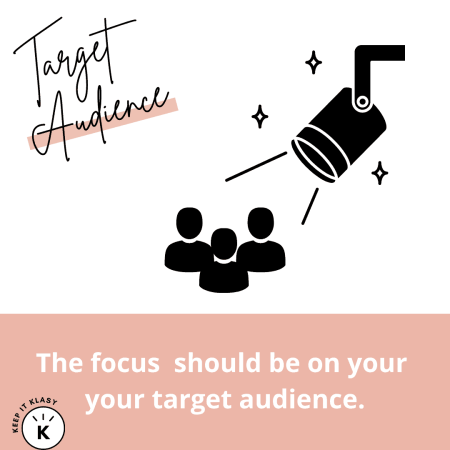
Disclaimer: This site contains affiliate links to products. We may receive a commission for purchases made through these links. Visit my disclaimer page for more information.
The focus and your priority need to be your customer/ your target audience.
Starting by clarifying your niche will help you shift into a customer-centric focus.
With the following information, you’ll be way on your way to a faultless start to your entrepreneur journey.
If you apply these steps – success will follow.
WHAT IS A BUSINESS NICHE?
A niche is basically a very specialised area that your business focuses on to serve a very target audience or customer in a broader market. Identifying a niche is vital because it will determine the success of your business going forward.
Having a clear idea of your niche will help to differentiate you from other competitors and helps you solve problems that your competitors have not yet got to solve. This will help you excel in the particular area and build trust and authority in the area of interest.
FINDING YOUR BUSINESS NICHE IS IMPORTANT BECAUSE…
If you need a little bit more convincing here are the top 8 reasons why finding your business niche is the key to success:
- It helps to differentiate you from your competitors.
- It helps you solve your target audience’s problems.
- It helps to develop solutions and products that appeal to your target audience
- It helps you to find the perfect customer and build trust.
- It helps you to have a clear message on all your marketing materials.
- It helps you to establish yourself as an authority in the market.
- It makes you the go-to person in the market.
- It helps to establish your brand.
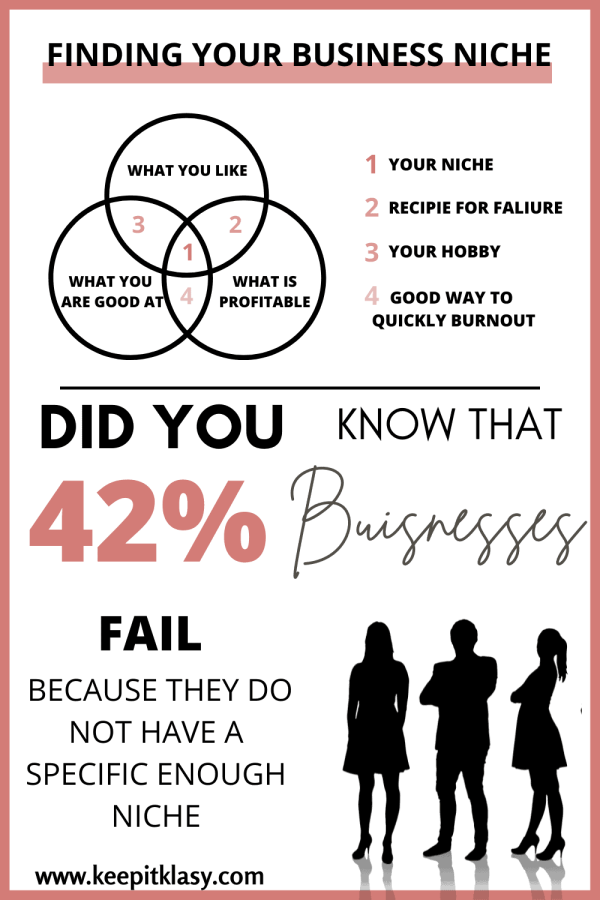
So let’s dive in and find out the steps necessary to help you identify that perfect niche for your business so that it becomes the ultimate success…
FINDING YOUR BUSISNESS NICHE – A STEP BY STEP GUIDE!
1. Reflect on your passions, hobbies, and skills.
As the infographic above represents, the success of your niche is very much determined by three factors. When you find that sweet spot between what is profitable, what you like, and what you are good at you have HIT GOLD.
Profitability
You need probability in your business because you do want to make money – whether to enjoy the financial rewards of your hard work or to reinvest back and scale things.
Passion
If you are going to be putting in the effort day in and day out for long stretches then you need to be doing something you like. There has to be that catch there that will make you want to commit to the journey not just the end goal. As it often is in business, in the early stages at least – you will not be seeing the results straight away. Business is a long-term game. If you are not doing something you are passionate about, you will burnout or lose interest. Come up with ideas about what you see yourself doing for 5+ years.
Skills
At the same time your skill set, and credentials cannot be ignored. I like to give an example of the health niche – because the niche is so saturated many of those who dominate the niche are medical doctors with the right education and credential to back their products and services. As someone who is an enthusiast only, it might be harder for you to gain the trust and grow quickly. Although not impossible.
Hone in on what skills you do possess and how you can utilise them in your business. You do not need to be an expert – you are allowed to grow with the business. However, having some prior experience or knowledge can’t hurt.
Questions you need to ask yourself?
This is a lot to take in but as a starter to help you reflect on your passions and skills you can ask yourself the following questions.
- Is there a hobby or skill you’re already good at and enjoy?
- What do you enjoy doing in your free time?
- How do you approach problem-solving?
- What do you enjoy learning about?
- What would you be doing if you were not getting paid for it?
- What do people tell you you’re good at?
- What makes you tick?
- What makes you want to wake up in the morning?
2. Identify if there is a market.
This probably seems like a no-brainer but in the excitement of starting a new business, it can be easily overlooked.
Doing some initial research to check if there is a place for your idea is a crucial step because let’s face it…
NO MARKET = NO CUSTOMERS = NO BUSINESS
Hard cold truth but one that every female entrepreneur needs to hear.
Occasionally despite it being an awesome idea, there simply won’t be a market for it as there are not enough people who are interested in it.
There is a fine balance between finding a large market which means lots of customers but also lots of competition and an underserved or neglected market which has low interest but you could easily dominate.
So how can you get a feel for the state of the market?
Google is your friend but a simple search with the keywords related to your business will help you see if there are already similar businesses out. Yes, these are your competitors but at the same time, it gives you the confidence that the NEED is there, especially if these businesses are seeing success.
SEO Search Tools
These are awesome not only in identifying keywords you can rank for and measuring your SEO success. They can be a fantastic way of looking into the state of the market you are targeting. Typing in keywords related to your business and checking the search volume is a handy indication of the interest level. You can use:
3. Identify your ideal customer or target audience.
This is where you do a deep dive into the kind of person you are targeting your service and product to. People often miss this step, but it is an essential step. Why? Because it helps you get into the mindset of the customer. Being in the mindset of the customer and developing a sense of their whole persona will help you to create the perfect solution or product for their needs and help you attract the right audience or customer.
So how do you go about it?
Well, the key is to get as specific as possible. The more you get into the nitty-gritty the better you’ll be equipped.
So, what sort of things do you want to establish?
Demographics
- Gender
- Age
- Education level
- Their income
- Location
- Family stage
Psychographics
- Lifestyle
- Values
- Interests
- Hobbies
- Dreams
- Goals
- Fears/ Worries
- Barriers
- Concerns
- Social media use (which?)
Service specifics
- What problems do they have?
- Why do they need this product/service?
- Will they be able to access the product/service easily?
- Where do they get their information from?
- What is their budget?
Having a clear idea of your customer will help you in finding your business niche.

4. Identify the customers and target audience’s problem and needs.
The most successful businesses are the ones that identify a problem and provide a SOLUTION! So how can your passion become the ultimate product or service that will solve all of your ideal customer’s problems?
Before you provide the solution, you need to get specific on the problems and needs of your customers.
For this you might need quite a bit of research work, keeping in mind the following question:
- Who do you serve?
- What problems do you solve?
- What value do you bring?
- Why are your ideal customers unable to currently find the solution?
- What makes your approach unique?
Once you get a good grasp of the problem you can solve and the value you can bring you can niche down and get into the specifics of your business idea.
5. Research the competition.
One goal of finding a business niche is knowing your competition. This will not only serve you in the early stages but also in the later parts of your business as you can have a good grasp of your competitors and follow what they are up to. This helps you stay on top of the game.
However, in the early stages of your business, understanding your competitors can help you identify the gap in the market and get an insight into what is already working and what is not working. This provides you with the information you need to know what you can do differently and what you can do BETTER!
And never forget the PASSION WITH KILL COMPETITION.
So, when you do it – lead with passion.
You can use this 3-way framework to help guide your decision on a particular niche following your competition analysis.
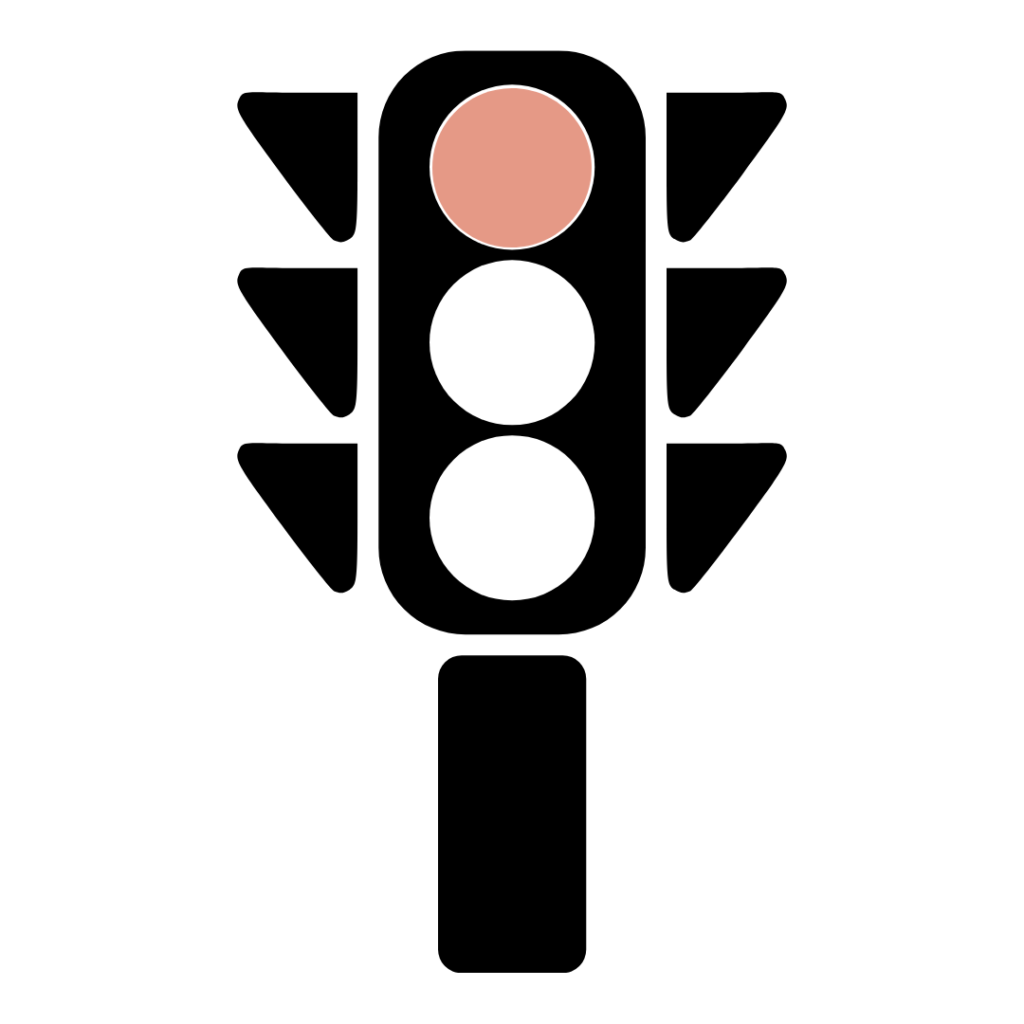
RED LIGHT
There are no other businesses doing a similar thing -> could be a red flag that there simply is not an audience or customer for this business type
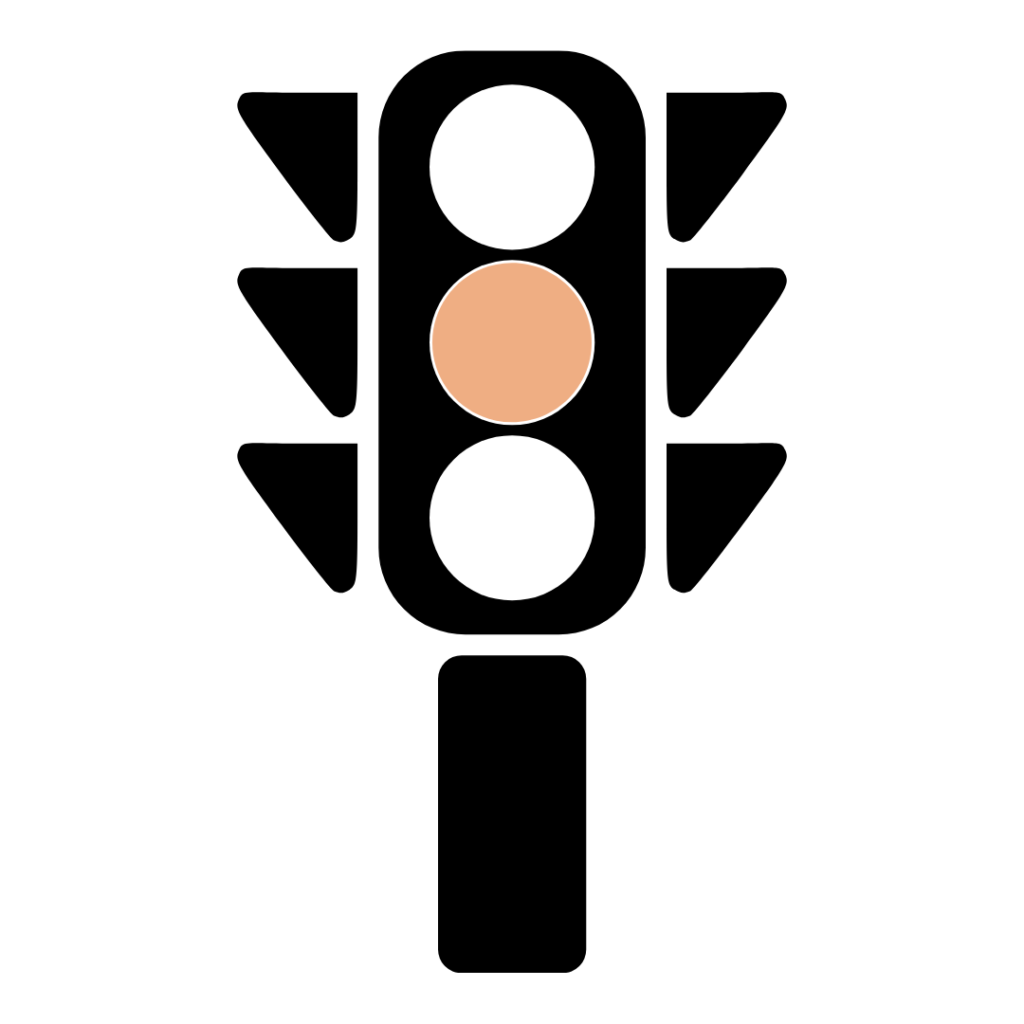
ORANGE LIGHT
There are tons of well-known businesses doing similar things -> High competition that will likely require a lot more work and take longer to establish yourself.
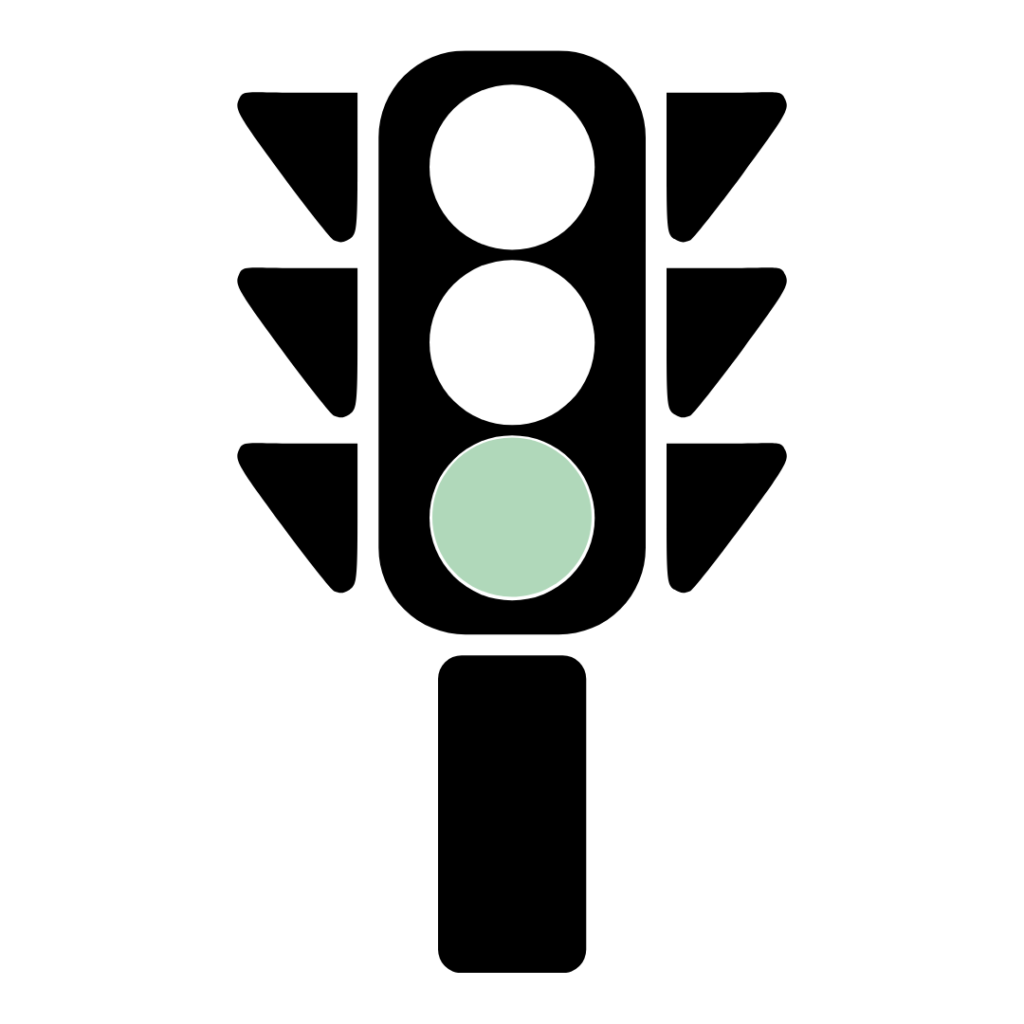
GREEN LIGHT
There are some businesses doing something similar but they tend to be smaller and of lower quality -> this is your green light. You know there is a need for what you are offering but also you can improve on them and outcompete them.
6. Find your unique selling point.
Establishing your competition will help you identify those gaps in the market and these gaps should be forming your unique selling point or your advantage against your competition.
Get into the mindset of your ideal customer – once you have exhausted the options offered by the competitors in the niche…what else would you want to know or be able to access? How could you take the service and product further?
Your unique selling point does not have to be related to the product itself. The smallest differences for example how the product is delivered, the payment options available, the packaging, or even the payment plan offered can make the difference and form your unique selling point.
7. Identify your business goals.
Having a clear trajectory of what you want your business to look like, how far you want it to go, and what you want to accomplish can be helpful in establishing a niche.
The types of business goals will differ from one person to another, and they may remain fluid and change over time. That’s ok – your business can change and adapt.
The important thing is to have some idea or plan of where your business is heading in the next 5 years. Knowing this at this early stage can help you adapt your niche in a way that will be sustainable for the 5-year period and ensure you can develop your business within the niche.
8. Test your product or service.
Testing that product or service in the early stages is a good idea. At this point, you are not a well-established name and therefore there is less risk to your business. Your reputation is not at stake, especially if you target a smaller customer base or audience.
However, testing the business idea with a number of ideal customers can help you gauge the level of interest in the niche and help you identify if you need to tweak the niche.
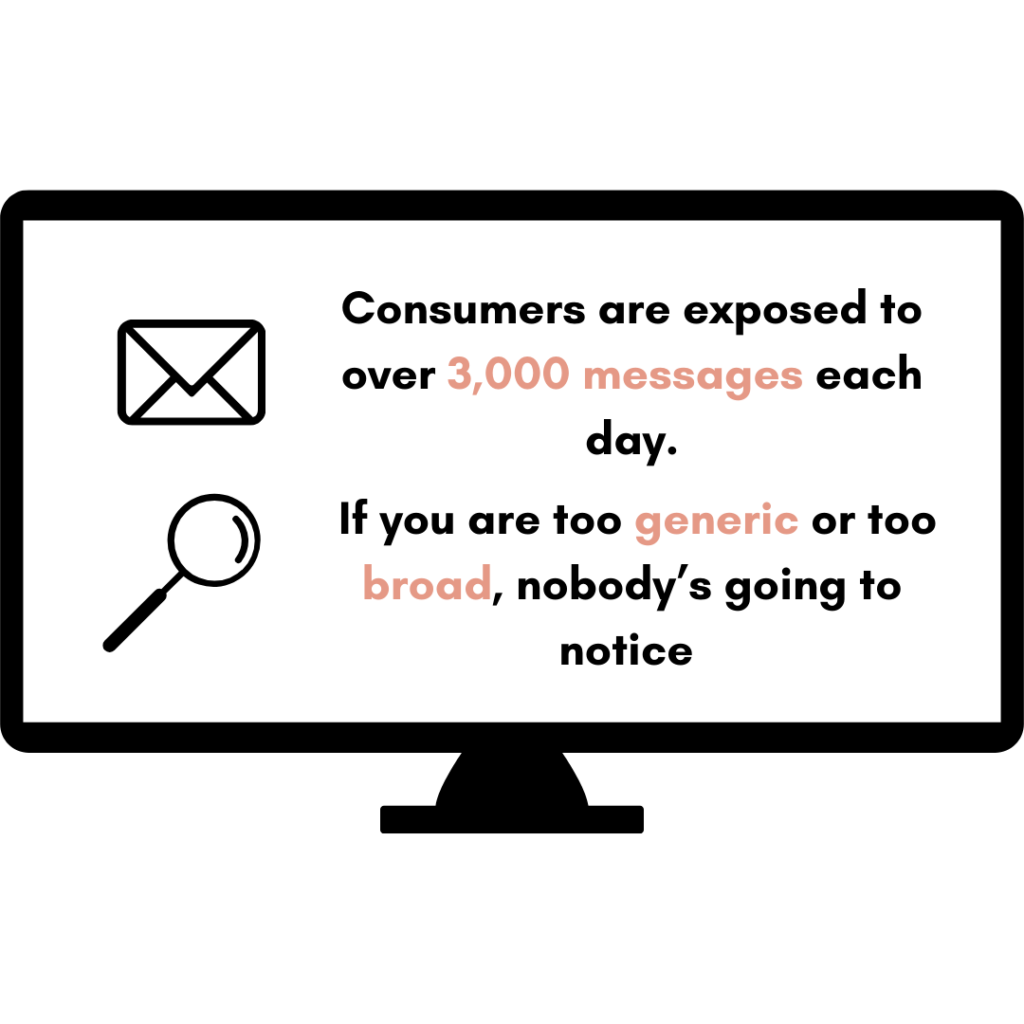
9. Ask for feedback.
When you are passionate about what you do and excited about your business idea it is very easy to have a very narrow view. It is hard to imagine that someone might not love the idea as much as you because after all – it’s brilliant. Isn’t it?
Well, this is where feedback comes in. You need that objective feedback, whether from trusted friends and family, business experts or coaches, or indeed your customers to help to keep your view wide open.
It is a scary step in any business because let’s face it no one enjoys criticism. But remember that your business is not serving you, it is serving your customers. When you can accept the feedback, you can make the necessary changes and narrow down the niche to ensure your business is a success.
This way you know you will be attracting the right customers, helping solve their needs and problems and at the same time making the profit your business derives.
10. Narrow down – at least in the beginning.
A common pitfall may business fall into is that they try to appeal to everyone and by appealing to everyone, they end up appealing to no one.
Do not be afraid to niche down – following the steps in this guide, getting specific about your ideal customer, sniffing out the competition, and finding your unique selling point, you can begin to identify the niche within the niche.
There is always room to expand in the later stages of your entrepreneurial journey. But in the initial stages, you want to secure those trusty customers or loyal audiences who become your fans.
This is the fastest way of getting your business off the ground.
ON A FINAL NOTE.
I hope this post has helped you understand what a niche is and the importance of finding your business niche.
Having a clear idea of your niche can make the entrepreneur journey smoother and help you avoid some of the common pitfalls that many new entrepreneurs fall into.
Leave a comment to let me know how you get on applying these tips.
Don’t forget to grab your freebies before you go.
